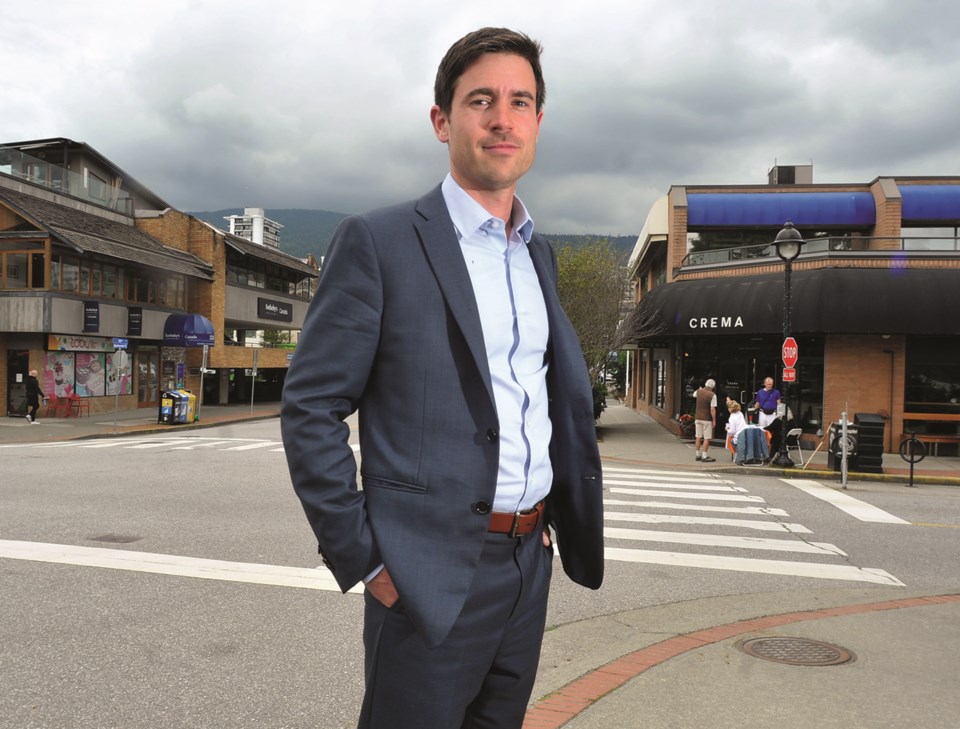The plan to shift the North Shore's federal riding boundaries is getting a fairly uniform response from North Vancouver and West Vancouver voters: Huh?
Under the Federal Electoral Boundaries Commission's proposal, parts of Ambleside would be cut out of West Vancouver-Sunshine Coast-Sea to Sky Country and moved into the North Vancouver riding while the eastern side of the North Vancouver riding, including chunks of Lynn Valley, Lower Lynn and Capilano University, would be added to the Burnaby-North Seymour riding.
Almost half of North Shore News readers, however, aren't aware of the proposed changes.
North Shore News polled 1,479 online readers and asked the question: What do you think of the plans to change the North Shore's federal riding boundaries?
The poll ran from Oct. 24 to Nov.10. Of the 1,479 votes, we can determine that 552 are from within the community. The full results are as follows:
The Federal Electoral Boundaries Commission redraws riding boundaries every 10 years to ensure equal representation by population in parliament.
Results are based on an online study of adult North Shore News readers who are located in North Vancouver and West Vancouver. The margin of error – which measures sample variability – is +/- 2.54%, 19 times out of 20.
North Shore News uses a variety of techniques to capture data, detect and prevent fraudulent votes, detect and prevent robots, and filter out non-local and duplicate votes.
What are your thoughts? Send us a letter via email by clicking here or post a comment below.


